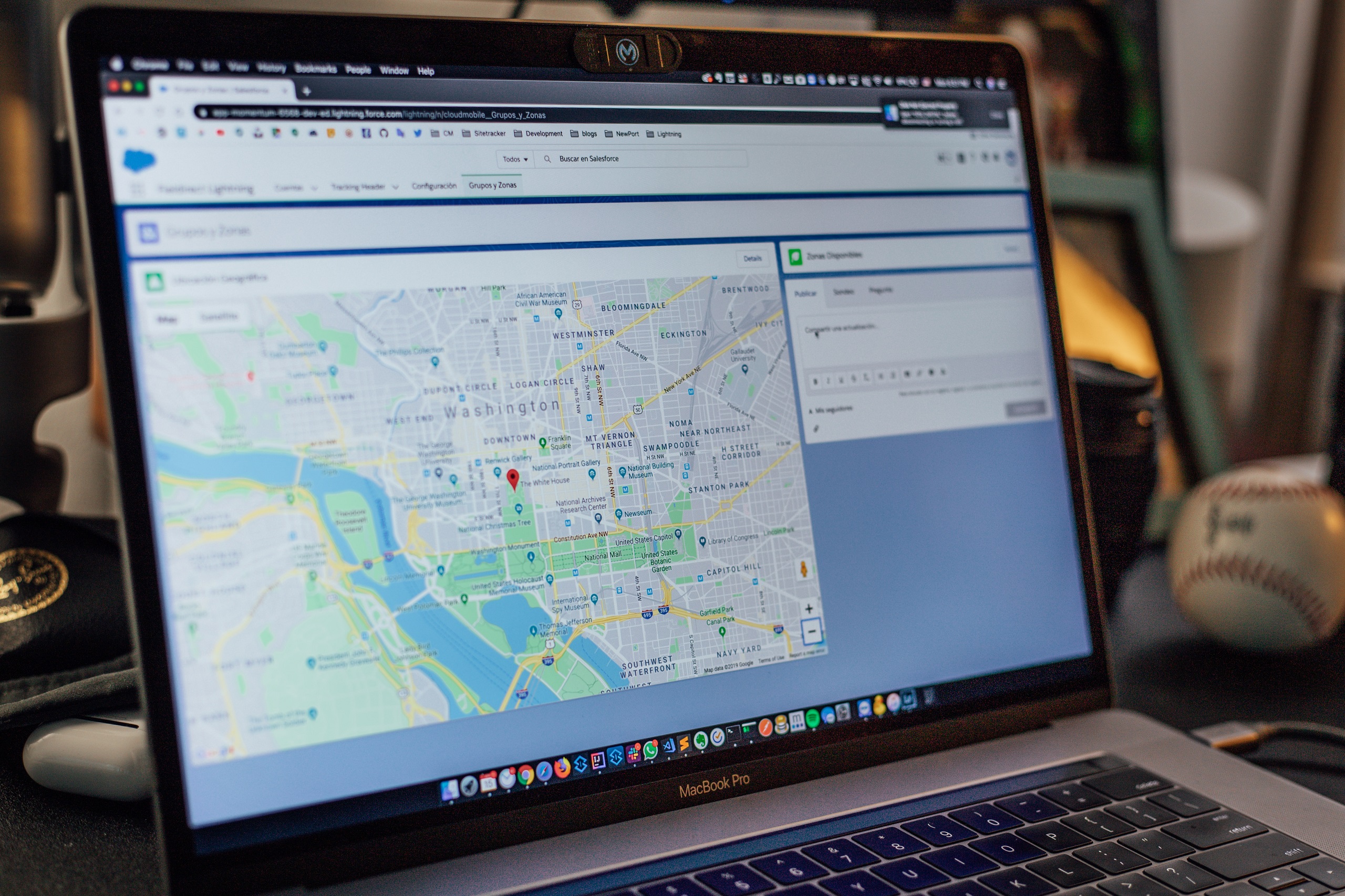Have you heard the terms Data Centric and/or Data-driven but wondered what exactly they mean and why you should strive for becoming that type of a company? You are probably not alone. Today’s blog post discusses data centricity and what it can mean for you. Thinking your company is too young or too small to implement these practices? Research shows that the easiest time to become data centric is at the very beginning. And if your business is small, data may help you grow!
Let’s start with clarifying exactly what these two terms mean.
What is a data centric business?
A data-centric organization is one in which people, technologies and processes are designed and developed with a clear intent of generating relevant information and utilizing it collaboratively to enhance the business success of an organization.
What does “Data-driven” mean?
A data-driven organization acquires and analyzes data to try to make better decisions.
Chances are you are at least trying to acquire and analyze your data in order to make good decisions. Has that been going well for you? Or do you sometimes make decisions and implement a change in process or new offering only to later find out your data was inaccurate? It is hard to make good decisions if you have bad data. So one of the first things you need to ask yourself if you are more of a data-driven company is “How good is your data?”. Below are some, but not necessarily all, of the questions you should ask yourself.
- Is it readable and well documented?
- Is it readily available?
- Is it tidy and easy to find what you need?
- Or is there lots of garbage to wade through or duplications that skew analysis or results?
- Is it reliable or do pieces of data contradict each other?
- Is it current?
If you answered the above questions and determined you have good data and thus can feel confident that you can analyze your data and make good decisions, congratulations! You have a data-driven company! If not, you likely have some work to do to clean up your existing data and to ensure that going forward your data is accurate, readable, and readily available. If you need ideas on how to go about getting started with data cleanup, contact Maria Barnes here.
Data Centricity, however, goes beyond Data-driven. In a data centric company, you ask “How can our data support our business model and strategy visions?” Then you build a data strategy around those answers. This involves asking the WHY questions before the HOW to implement. If you take this approach, before you invest any further in how you are going to manage your data (governance) or how you are going to architect your data, you can make sure you are investing in the right data in the right place. And of course, data strategy is not a static plan. A good data strategy is reviewed periodically and realigned to the company business model and strategy visions as they change.
According to the Ball State University bi-annual Tech Horizon report only 16% of companies think their company is data centric. That means most of us have a ways to go to become a data centric company. In today’s world of exploding digital technologies, becoming more data centric leads you towards thinking of your data as an asset. This allows you to move from data as a historian to data as a predictor. There is nothing wrong with data as a historian. And data is needed to guide your business processes. But when you are able to transform your data into value, that is monetization. Whether it helps you grow your business by further engaging existing customers, developing new lines of business, or streamlining existing processes to be more economical, it can mean higher profits for your company!
So how does my company get to be a Data Centric company?
The first thing you should do is to measure your data maturity. This allows you to answer the question of whether you are ready to become data centric. How to do so is a broad topic and could easily be its own blog post. You want to consider questions like whether you have a data platform already in place that will support Analytics and AI, and whether you have a strategy in place for this platform. Do you have techniques in place to provide data protection? Is your data governance & management strategy set up, including a data dictionary that is key to increase literacy and support analytics. Is there a separate division or role in the organization in charge of data and if so, how well are they connected to other leaders in the organization? Do you have a plan to obtain data talent or train existing personnel on the skills that they need? Does the business have a clear understanding of what use cases are possible and what expected benefits are. Do they measure these and report on them and have a clear understanding of the value as well as the cost for achieving these benefits.
If I want to move my company in the right direction, what type of technologies should I be looking at?
The 4 technologies that most help you build the right foundation to become data centric are:
- Data and Analytics
- Cloud
- Internet of things
- AI
If you are using none of these, I recommend you start with getting some of your vital data into the Cloud, then focus on Data Analytics. Two of the best platforms for these for small and medium sized businesses are Azure and Power BI. Two common Azure storage solutions are Azure SQL databases and Microsoft Dataverse (which is backed by Azure SQL). Maria Barnes, president of Barnes Business Solutions, has an Azure Database Administrator certification as well as experience with Microsoft Dataverse and the Power platform. She can help guide you towards making strides to becoming a Data Centric organization.
Want to hear more? Setup a consultation at Book Your FREE 30 Minute Consultation.













